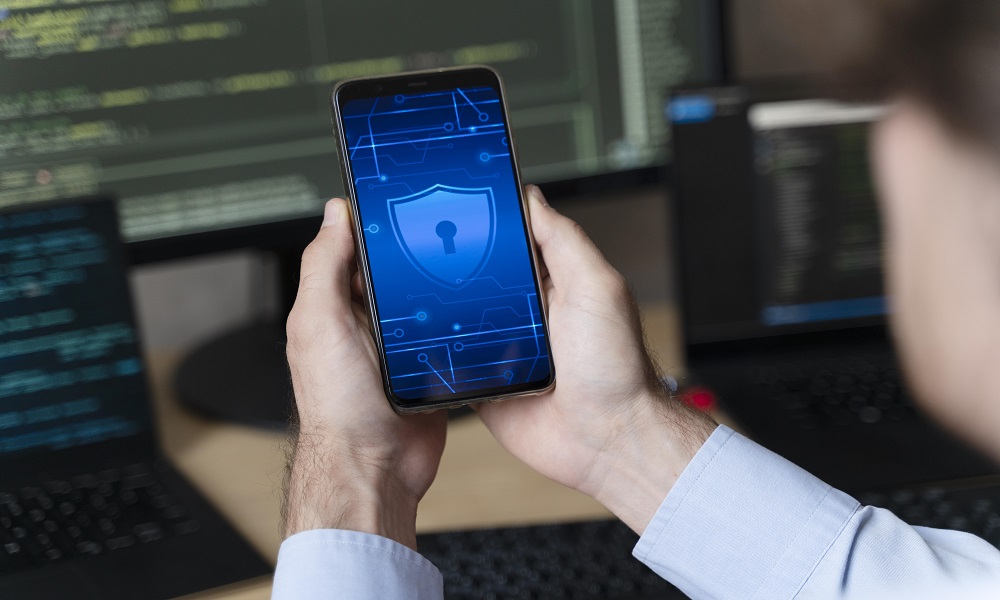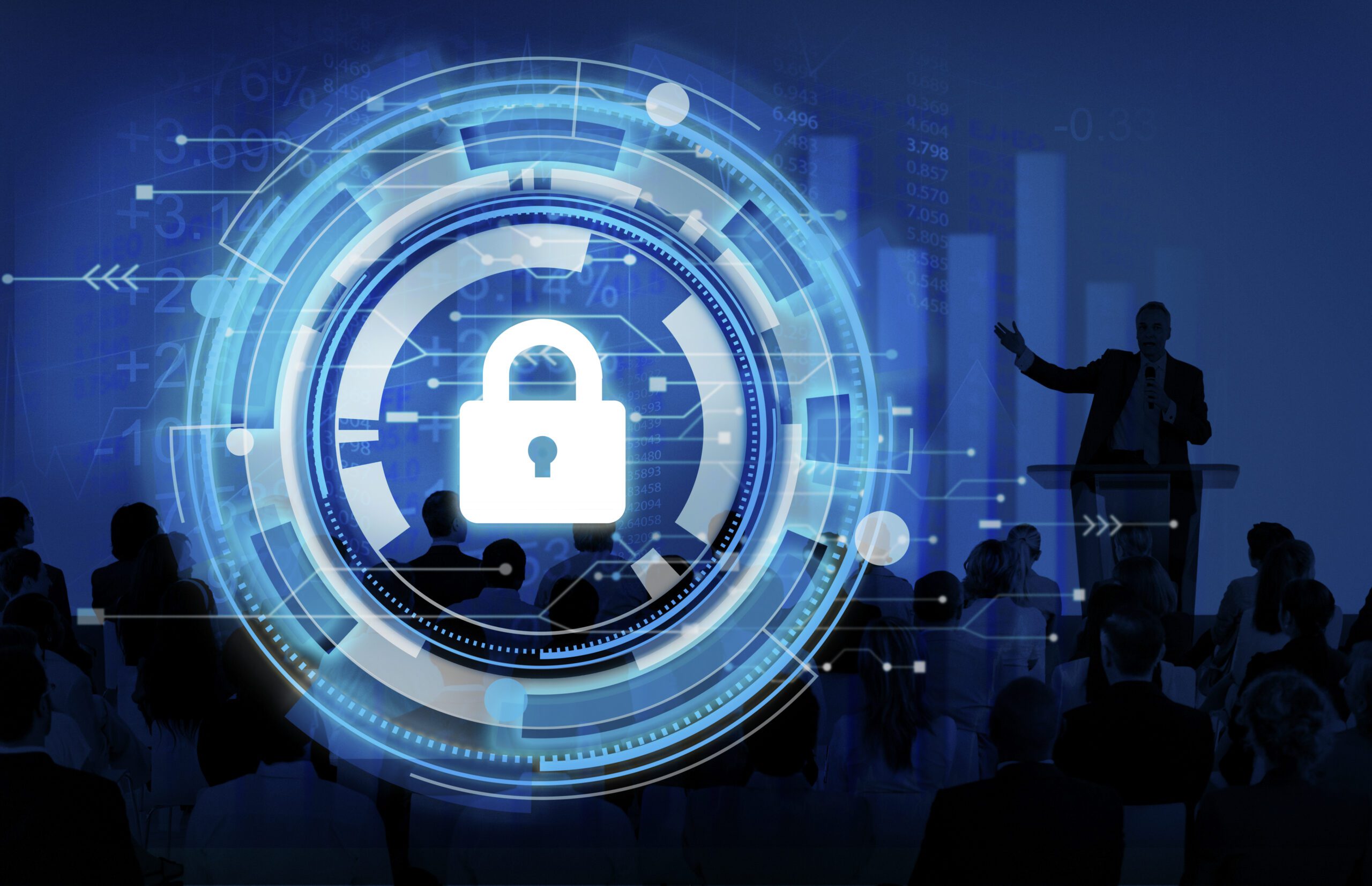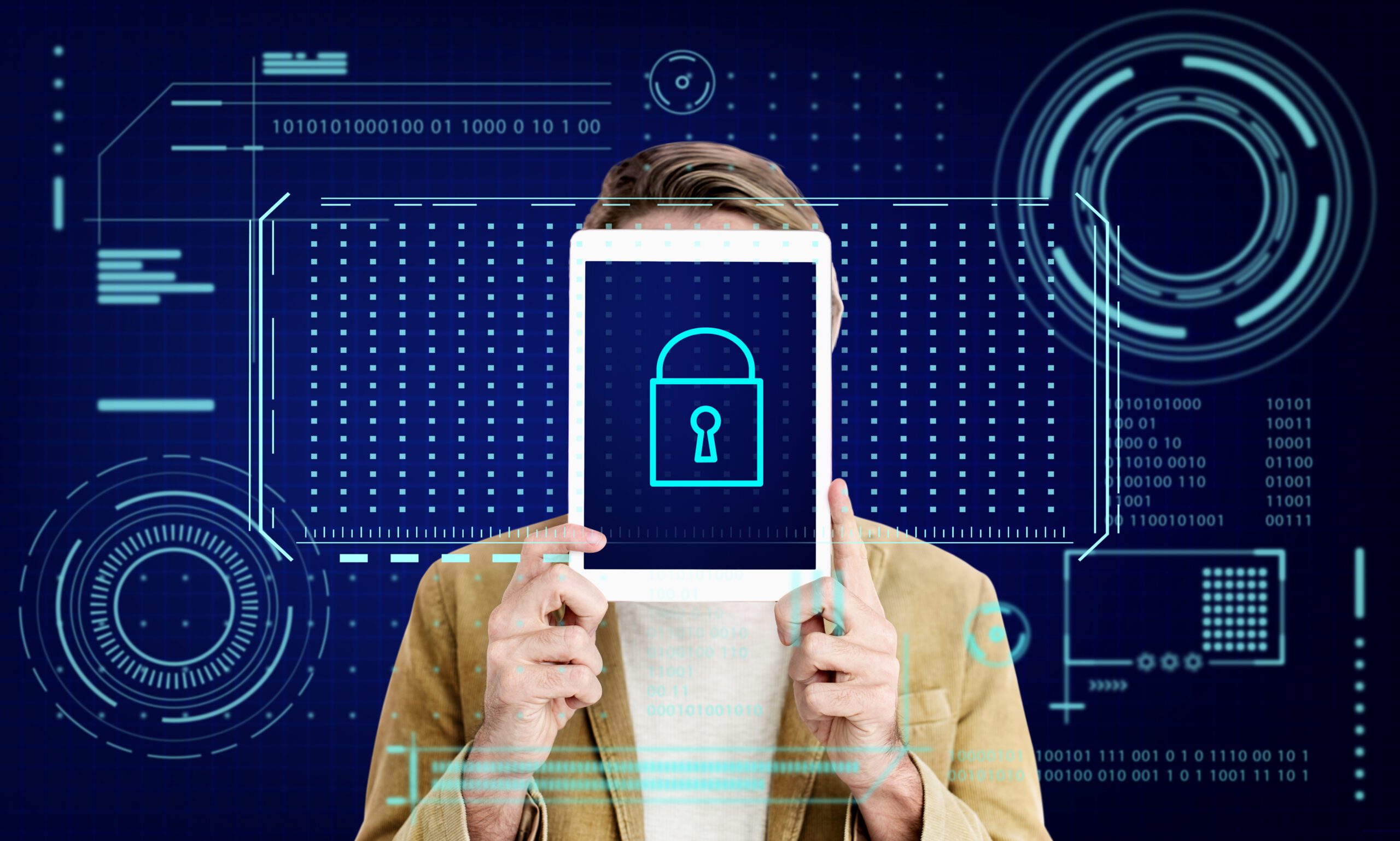TL;DR:
- Extracts crucial data from calls, messages, and location information for investigations.
- Introduction to Forensic Tools: Cellebrite, Oxygen Forensic Detective, Magnet AXIOM, XRY, Autopsy.
- Overcoming challenges in encryption, passcodes, evolving technology, and data overwrites.
- Legal considerations covering chain of custody, search warrants, and privacy rights.
- Real-world cases in India: Aarushi Talwar, Sheena Bora, Petroleum Ministry espionage, Vyapam Scam.
Mobile devices have become an essential component of our lives in the current digital era. These devices hold a wealth of data about our everyday behaviours, from connecting with loved ones to making business transactions. Due to the volume of data, mobile device forensics is now an effective weapon in modern investigations, allowing specialists to find digital footprints and offer crucial evidence in a variety of legal circumstances.
Unveiling the Secrets: Types of Data Extracted
Multiple forms of data that are stored on mobile devices can be very important to an investigation. Experts in forensics can extract the following important categories of data:
- Call Logs: Detailed records of incoming, outgoing, and missed calls.
- Messages: SMS, MMS, and app-based messages from platforms like WhatsApp and iMessage.
- Contacts: Comprehensive lists of address book entries.
- Media Files: Photos, videos, and audio recordings.
- App Data: Information from installed applications, including usage history.
- Browser History: Web browsing history, cookies, and cached data.
- Location Data: GPS data, Wi-Fi locations, and cell tower information.
- Emails: Stored emails on the device.
- System Files: Various logs and configuration files.
The Forensic Process: From Seizure to Reporting
To ensure that evidence is valid and admissible, the forensic process involves several critical steps:
- Seizure: Securing the smartphone to stop data manipulation, frequently by blocking network signals with Faraday bags.
- Acquisition: Copying data from the device and transferring it to a forensic workstation. One way to accomplish this is:
- Logical Acquisition: Extracting data that the operating system can access.
- Physical Acquisition: The process of copying all data, including deleted files, by directly accessing the memory.
- File System Acquisition: Capturing all files and directories on the device.
- Examination: Analyzing the data using forensic tools to identify relevant evidence.
- Analysis: Interpreting the data to reconstruct events, establish timelines, and uncover hidden information.
- Reporting: Documenting findings in an extensive report appropriate for legal proceedings.
The Tools of the Trade: Leading Forensic Tools
Experts in forensics can use a number of specialised technologies to help them extract and analyse data from mobile devices:
- Cellebrite: A leading tool for comprehensive data extraction.
- Oxygen Forensic Detective: Known for its extensive analysis capabilities.
- Magnet AXIOM: Excels in deep data recovery and analysis.
- XRY by MSAB: Focuses on secure data extraction.
- Autopsy: An open-source digital forensics platform supporting mobile device analysis.
Overcoming Challenges in Mobile Forensics
Despite its power, mobile device forensics faces several challenges:
- Encryption: Devices with strong encryption present challenges for forensic investigators that must be overcome using certain methods. Complex data decryption arises from sophisticated security protocols.
- Passcodes and Biometrics: Devices that are locked and secured with biometric or passcode access require legal authorization or passcode knowledge to unlock. Data extraction becomes more challenging with biometric authentication.
- Rapidly Changing Technology: Forensic tools and knowledge must be continuously updated in order to accommodate new devices and updates. Keeping forefront of the most recent developments is essential for efficient data extraction.
- Data Overwrites: On mobile devices, frequent data overwrites might result in the destruction or loss of important evidence. To recover and save data before it is overwritten, specialised methods are needed.
- Legal and Ethical Issues: To safeguard the rights of individuals and guarantee the integrity of the evidence, forensic investigations must conform to rigid legal and ethical guidelines. It is imperative to uphold appropriate authorization and secrecy.
Legal Considerations: Navigating the Complex Landscape
Forensic investigations must adhere to legal standards to ensure evidence is admissible in court:
- Chain of Custody: In order to ensure the integrity of the evidence, forensic investigations must keep a record of who handles the device and when.
- Search Warrants: Search warrants are legal authorizations based on probable cause that guarantee legal access to evidence and are frequently needed to access data on a mobile device.
- Privacy Concerns: In order to safeguard sensitive personal data, mobile device forensics must carefully follow legal requirements while also respecting individuals’ right to privacy.
Real-World Applications: From Criminal Investigations to Corporate Security
1. The Aarushi Talwar Murder Case
The Aarushi Talwar murder case was one of the most well-known cases in India where mobile device forensics proved essential. The 14-year-old Aarushi Talwar and Hemraj, the family’s domestic helper, were discovered dead in their Noida home in 2008. The use of mobile device forensics aided in tracking down the culprits’ SMS and phone logs. In order to piece together the events leading up to the killings and create an event timeline, this evidence was essential.
2. The Sheena Bora Murder Case
Sheena Bora’s murder made national headlines in 2015. In-depth knowledge of mobile device forensics was helpful to the inquiry. The police were able to identify the plot and determine Sheena’s last known whereabouts with the assistance of forensic analysis of call data records and SMS exchanges between the accused, who included Indrani Mukerjea, her husband Peter Mukerjea, and other individuals. The arrest and charging of the suspects was made possible in large part by this digital evidence.
3. Corporate Espionage (Spying) in the Petroleum Ministry
The Indian Ministry of Petroleum and Natural Gas leaked sensitive papers, which resulted in a corporate espionage incident that surfaced in 2015. The communication between corporate leaders and ministry officials was examined using mobile device forensics. A number of people connected to the espionage network were apprehended after forensic analysis of cell phones turned up incriminating texts and call logs.
4. The Vyapam Scam
Mobile forensics was also heavily utilized in the mass admission and recruiting scandal in Madhya Pradesh, known as the Vyapam scam, which occurred primarily between the years 2007 and 2013. Investigators employed forensic tools to recover erased emails, call logs, and messages from the accused’s cell phone. This data offered vital proof of the system’s pervasive manipulation and corruption, which resulted in several arrests and convictions.
Conclusion
In the digital age, mobile device forensics is a vital and ever-evolving area. Through efficient data recovery and analysis from mobile devices, forensic specialists can reveal digital traces that are hidden and offer vital evidence for a variety of investigations. The methods and resources used in mobile device forensics will advance along with technology, guaranteeing its continued significance and relevance in our increasingly digital society. The real-time cases in India highlight how important mobile forensics is to uncovering intricate crimes and maintaining the rule of law.
Unveil the secrets of forensic science with Karnavati University’s BSc (Hons) Forensic Science program. Embark on a journey to decode mysteries, analyze evidence, and pursue justice. Join us to become a part of cutting-edge forensic investigations. Explore more now!
Join Karnavati University’s B.Sc. (Hons.) in Forensic Science. Master forensic analysis, crime scene investigation, and legal procedures. Our comprehensive program combines theoretical knowledge with hands-on experience, preparing you for a dynamic career in forensic science and criminal justice. Be a vital part of solving crimes and ensuring justice.
FAQs
- What is mobile device forensics, and why is it important?
For investigative purposes, mobile device forensics entails removing and examining data from smartphones and other devices. It’s important because mobile devices save a lot of information that might be used as critical evidence in a variety of legal situations.
- What types of data can be extracted in mobile device forensics?
A wide range of data can be extracted, such as emails, system files, call logs, messages, contacts, media files (pictures, videos), app data, browser history, location data, and app data.
- What is the forensic process involved in mobile device investigations?
Seizure (securing the device), acquisition (copying data), inspection (analysing the data with forensic tools), analysis (interpreting the data), and reporting (documenting findings) are all steps in the forensic process.
- What are some of the leading forensic tools used in mobile device investigations?
Key technologies in the field of mobile device forensics, including Autopsy, Magnet AXIOM, Oxygen Forensic Detective, Cellebrite, and XRY by MSAB, are essential for gathering and examining data from smartphones and other devices. With the use of these tools, forensic investigators can more efficiently gather, examine, and evaluate digital evidence, guaranteeing its integrity and admissibility in court. Their sophisticated features highlight their importance in contemporary forensic investigations by enabling professionals to solve encryption puzzles, retrieve erased files, and unearth crucial information.
- What are some challenges in mobile device forensics?
A few of the challenges are data overwrites (recovering overwritten data), passcodes and biometrics (unlocking locked devices), rapidly advancing technology (keeping up with new devices and updates), encryption (overcoming strong encryption protocols), and legal and ethical issues (adhering to legal standards and privacy concerns).
- How do legal considerations impact mobile device forensic investigations?
Legal requirements that must be followed in forensic investigations include chain of custody (preserving the integrity of the evidence), search warrants (obtaining legal permission to access data), and privacy issues (defending the rights of individuals).
Prepared by:
Mr. Naveen Kandwal
Assistant Professor, UIT, Karnavati University






